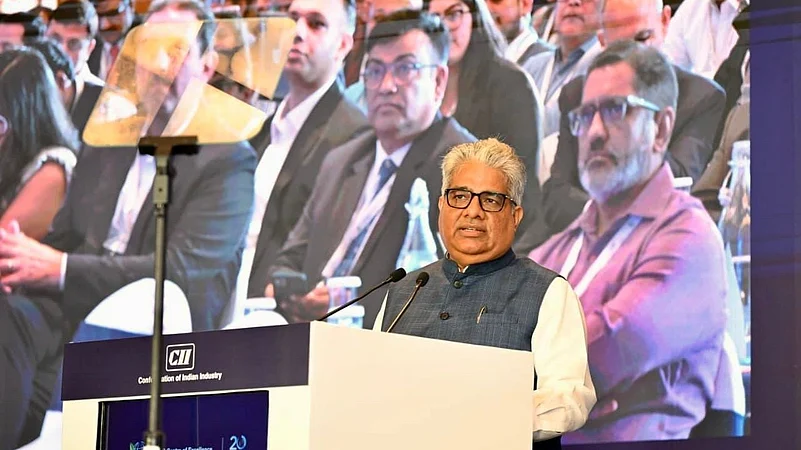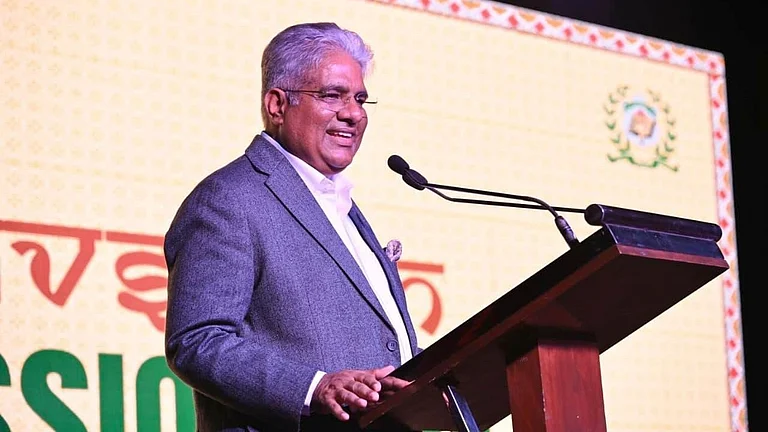
India urges swift action on carbon trading mechanisms agreed at COP26.
Stronger adaptation strategies, climate finance central to Global South’s climate demands.
New audit rules, green credit programme bolster India’s domestic climate action.
Union environment minister Bhupender Yadav said that India is concerned about the Global South’s rights in climate talks and that the implementation of carbon markets, adaptation strategies, and climate finance under the New Collective Quantified Goal (NCQG) will be other key issues at the 2025 United Nations Climate Change Conference (COP30), while addressing the 20th Global Sustainability Summit in New Delhi on September 2.
Referring to his meeting with COP 30 President André Aranha Corrêa do Lago (Brazil) in Delhi a day earlier, Yadav said many issues remain pending. “A decision on the carbon market was adopted at Glasgow [COP26]. But no action has been taken on the trading of this carbon market mechanism. So, we emphasise doing that,” he told HT.
Citing a declaration in Baku (COP 29) on adaptation, Yadav added that more work is needed. “At the last COP, the NCQG was agreed... We have taken a stake in the Global Stocktake process at the Dubai COP...much finance and other things are required to achieve that...we discussed all these issues with the COP President. We are very concerned about the rights of the Global South... We discussed that this is a multilateral forum, so every country must contribute its positive role in the COP,” he said.
Domestic Climate Action Push
According to a news release by the Ministry of Environment, Forest and Climate Change, Yadav informed that his ministry enacted the Environment Audit Rules, 2025, on August 29, establishing a framework for environmental auditing across India. “The new rules, which come into force immediately, are designed to supplement the existing government monitoring and inspection framework, not to replace it.”
The rules introduce a two-tiered system for environmental auditors and a dedicated agency to oversee the process, the ministry said.
The ministry further noted that the Green Credit Programme launched in October 2023, was updated on August 29 with a revised methodology. “On 29 August, the ministry...notified a revised methodology for the Green Credit Programme, introducing innovative provisions such as direct participation by private entities, minimum restoration commitment, mobilising private capital for climate action, and utilisation of earned green credits,” he shared.
Expectations are high worldwide as well. According to Reuters, the summit in Belém aims to shift priority from negotiation to delivery, with developing nations demanding timely action.
COP30 global climate summit is eyeing turning the $300 billion NCQG pledge into concrete, flexible climate finance, strengthened carbon market mechanisms and tangible adaptation commitments in the Global South.
































